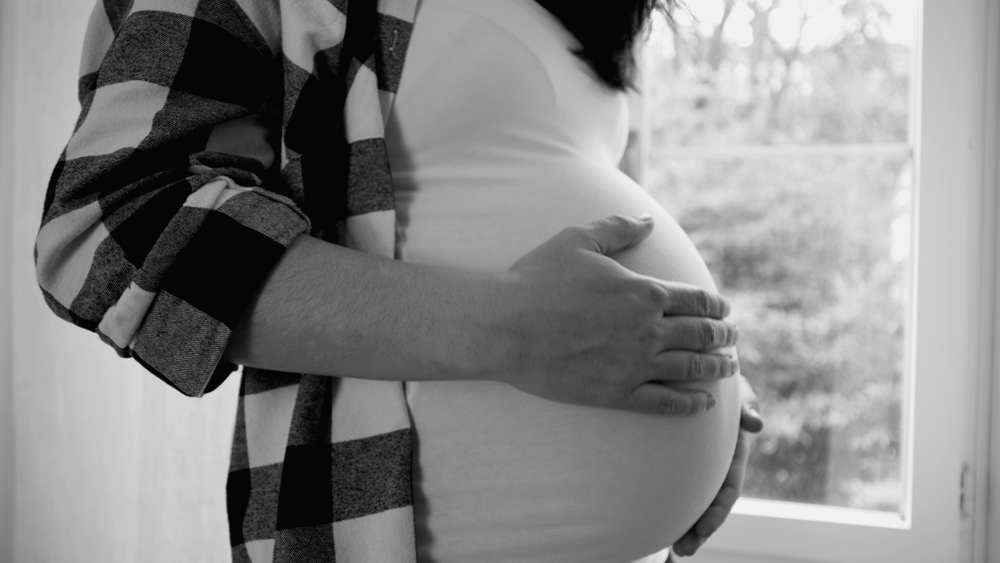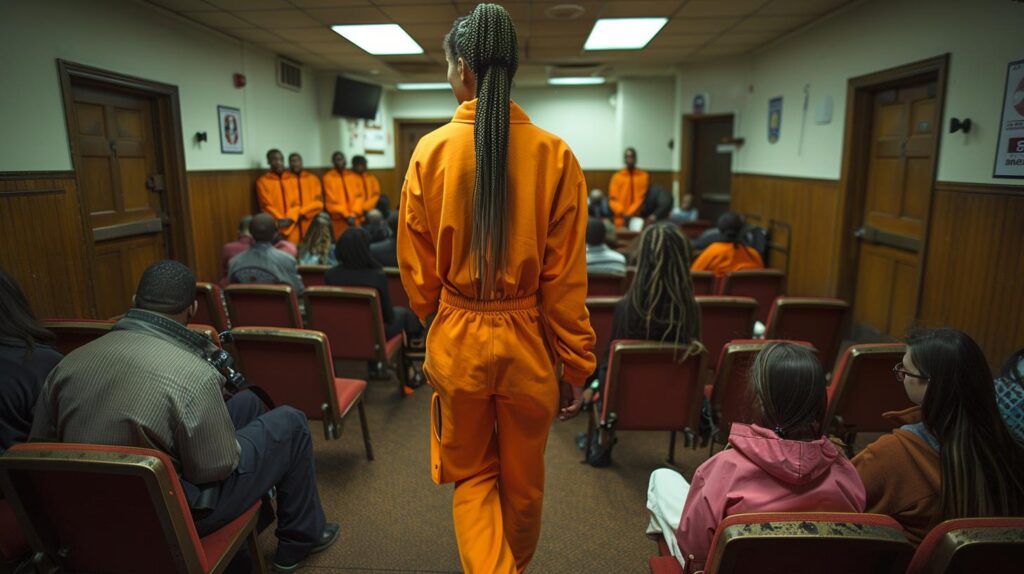Table of Contents
TogglePregnant Mothers & Bail Bonds
We Help Pregnant Mothers Get Out Of Jail Fast
When you a pregnant, going to jail and remaining in custody can be especially tragic.
WE ARE HERE TO HELP YOU.
This means that if you are a pregnant mother please give us a call at (877) 330-5557 and we will be quick to help.
For mothers that are past 8 months in term and have a bond of $50,000 or less, we will post this bond free of charge.

How Being In Jail Can Affect Your Pregnancy
Being incarcerated can have significant health and social impacts on pregnant women. One of the primary concerns is access to prenatal care and medical attention. In many cases, incarcerated pregnant women may not receive adequate or timely healthcare services, which can lead to complications during pregnancy and childbirth. Without proper medical supervision, there is a higher risk of pregnancy-related issues going undetected and untreated.
Furthermore, the stress and trauma of being incarcerated can have negative effects on both the mental and physical health of pregnant women. The emotional toll of being separated from loved ones, uncertainty about the future, and living in a restrictive environment can contribute to anxiety, depression, and other mental health challenges. These factors can also impact the overall well-being of the pregnant woman, potentially affecting the health of the fetus as well.
Incarceration can also disrupt important social support systems that pregnant women rely on for emotional and practical assistance. The lack of access to family and community resources can leave pregnant women feeling isolated and unsupported during a time when they most need help. Additionally, the stigma associated with being incarcerated can further marginalize pregnant women, leading to feelings of shame and inadequacy.
The physical conditions of many correctional facilities may not be conducive to promoting a healthy pregnancy. Poor nutrition, inadequate healthcare facilities, and exposure to environmental hazards can increase the risk of complications for pregnant women. Limited opportunities for physical activity and exercise can also impact the well-being of both the mother and the unborn child.
Being in prison can also affect the bonding and attachment process between the mother and the newborn. Separation at birth, limited contact due to institutional policies, and the challenges of parenting in a restrictive environment can hinder the development of a strong maternal-child bond. This lack of early bonding and attachment can have long-term implications for the child’s emotional and psychological development.
Overall, the experience of being incarcerated during pregnancy can have a profound impact on the health and well-being of both the mother and the unborn child. It is crucial for correctional facilities to provide comprehensive and compassionate care for pregnant women to ensure the best possible outcomes for them and their babies. Advocating for policies that prioritize the health and dignity of pregnant incarcerated women is essential in promoting maternal and child health in these vulnerable populations.
How To Get Started Posting Bond For A Pregnant Woman With Abba Bail Bonds
In order to get started please give us a call at (877) 330-5557 and have the following available:
- Name of person that is pregnant and incarcerated.
- At least one working cosigner that will vouch for the person to appear in court.
- The date of birth and location of the person that needs a bail bond posted.
- Any other relevant information you think would help us make the best decision.
Things You Should Know About Incarceration While Pregnant
What are some of the primary health concerns for pregnant women who are incarcerated?
Some primary health concerns for incarcerated pregnant women include limited access to prenatal care, increased stress and trauma, and potential disruptions to social support systems
How can the stress and trauma of incarceration affect a pregnant woman's health?
he stress and trauma of being incarcerated can contribute to mental health challenges such as anxiety and depression, which can negatively impact the overall well-being of the pregnant woman and potentially affect the health of the fetus.
What are some social challenges that pregnant women face while incarcerated?
Pregnant women in prison may experience social isolation due to limited access to family and community support, as well as stigma associated with incarceration, which can lead to feelings of shame and inadequacy.
How do the physical conditions of correctional facilities impact pregnant women?
Poor nutrition, inadequate healthcare facilities, exposure to environmental hazards, and limited opportunities for physical activity in prisons can increase the risk of complications for pregnant women and impact the well-being of both the mother and the unborn child.
What are some challenges with bonding and attachment for pregnant women in prison?
Separation at birth, limited contact due to institutional policies, and the challenges of parenting in a restrictive environment can hinder the development of a strong maternal-child bond, potentially impacting the child's emotional and psychological development.
What can be done to support the health and well-being of pregnant incarcerated women?
It is crucial for correctional facilities to provide comprehensive healthcare, mental health services, and social support for pregnant women. Advocating for policies that prioritize maternal and child health in incarcerated populations is essential to ensuring the best possible outcomes for both the mother and the unborn child.
Related Posts

Long-Term Effects of Maternal Incarceration
The phenomenon of maternal incarceration has seen a troubling rise over recent decades, influencing not just the incarcerated women but reverberating deeply within their families

Emotional Burden of Incarcerated Mothers
The incarcerated mothers burden is a complex and multifaceted issue that impacts not only the women serving time but their families, especially their children. This

Why Jailing Mothers Harms Society
The consequences of incarcerating mothers extend far beyond the walls of a prison, unleashing a cascade of negative effects across families, communities, and society at
